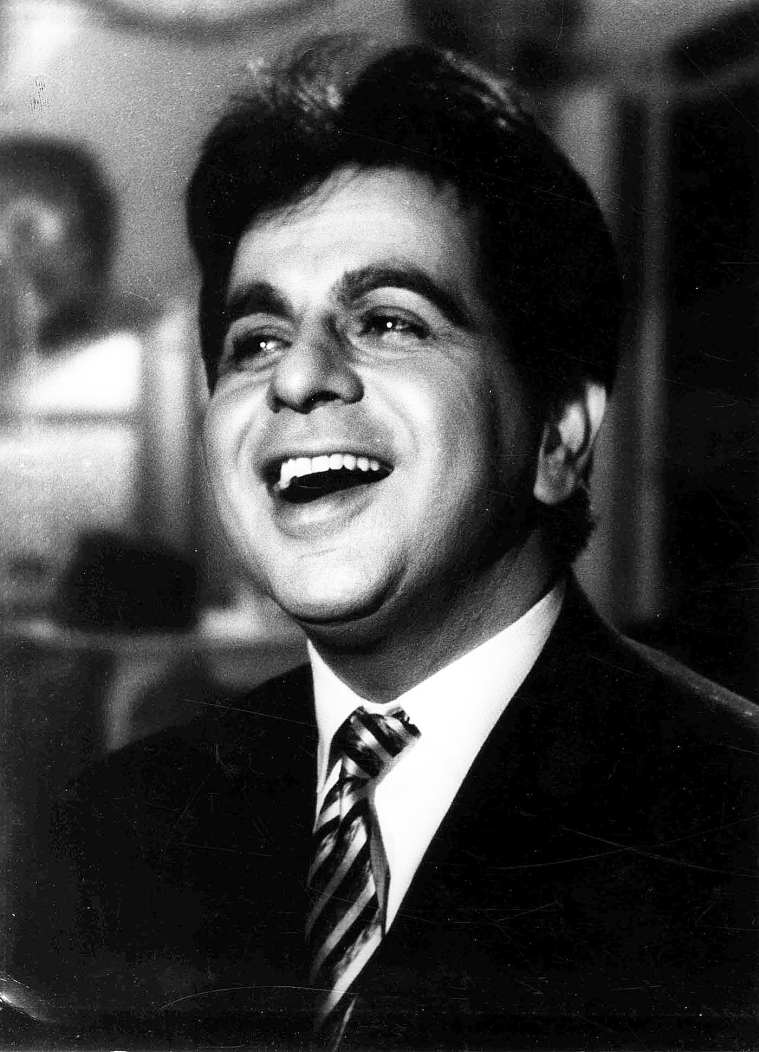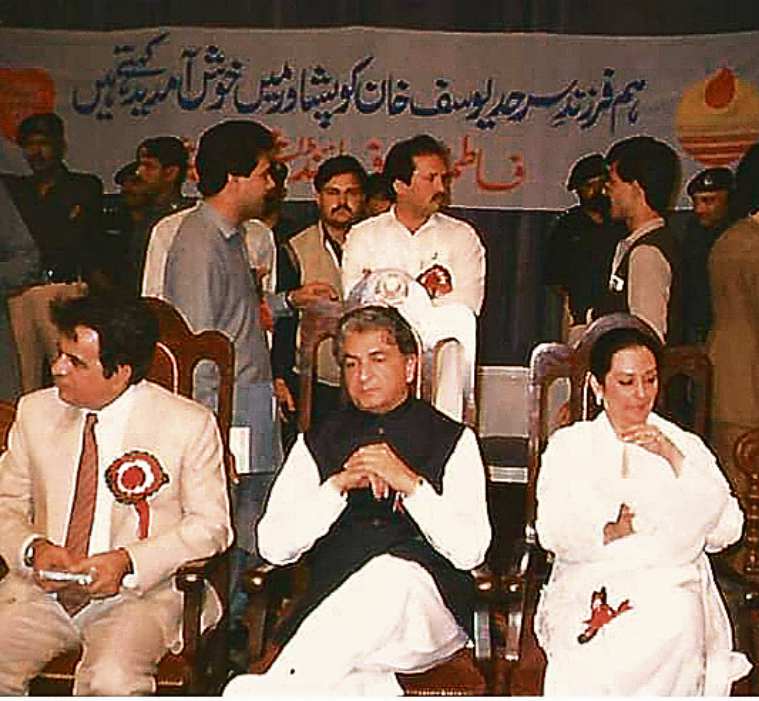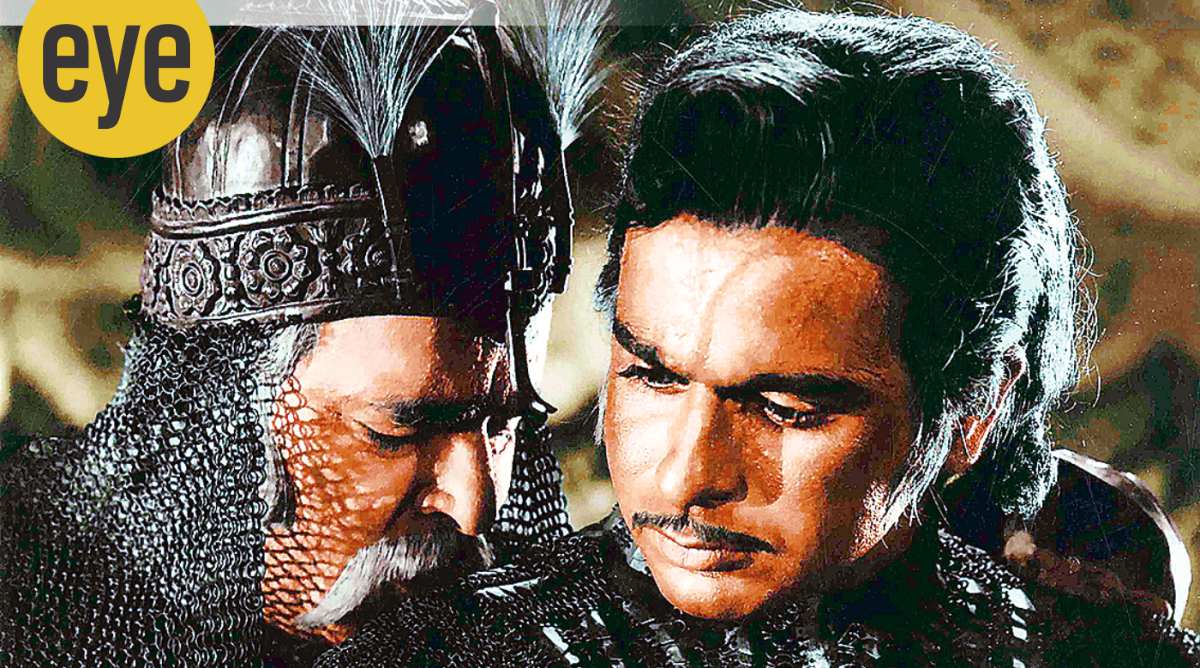As one enters my moms and dads’ house in Lahore, 2 blown-up pictures welcome the site visitors. They are photos of their conference with Dilip Kumar, when he went to Pakistan in the late 1990 s. A sensible, grinning Dilip Kumar stands beside my star-struck moms and dads. Probably, this is the only photo with a movie star that they have amongst the loads holding on the wall surfaces of your home. Yet it was not simply my moms and dads however additionally their pals and also family members– far-off and also close– that inducted us as kids right into the Dilip Kumar cult.
He was the finest star, one of the most good-looking, the king of approach acting and also an epic person. By the time my generation was maturing, we had no accessibility to Indian movie theater as testing of Indian movies was dropped in Pakistan after the 1965 battle (in between both countries). The introduction of video-cassette recorders altered whatever, and also, by very early 1980 s, video clip shops in all cities of Pakistan had a wide range of movies– from the gold oldies to “art” movies and also from the trashy to the superb of Bollywood.
For a years, I viewed a lot of Dilip Kumar’s arsenal, helped, naturally, by the cumulative memory and also lively movie journalism in Urdu that continually acted on all points Dilip Kumar. It ended up being clear with each watching what a skillful star he was– downplayed, contemporary and also exceptionally functional.
Dilip Kumar with Anil Kapoor.
Dr Mian Ramzan, an additional household good friend, was additionally a Dilip Kumar follower. Discussions throughout our regular events commonly centred around the star. Ramzan uncle, as we called him, had a huge collection of video clip cassettes. As a matter of fact, he would certainly view littles Tarana (1951, with the stunning Madhubala) virtually on a daily basis. I assume we might have seen it a lots times throughout the years. As well as there were Dilip Kumar standards such as Andaz (1949), Babul (1950), Deedar (1951), Aan (1952) and also numerous others, which were enjoyed with focus and also reviewed threadbare, scene by scene, discussion by discussion. Contrasts with Raj Kapoor and also Dev Anand were attracted, and also arbitrary narratives from the collections of Mughal-e-Azam (1960) were shared.
After That there was Jogan (1950), an undervalued work of art in which Dilip Kumar and also Nargis come to grips with love, confidence and also renunciation. I just discovered Jogan at the age of 16, when a leading Urdu author and also household good friend, Enver Sajjad, pointed out scenes from the movie with a pleased statement that he had actually enjoyed it 10 times when it was launched in Lahore movie theaters. My inquisitiveness understood no bounds up until I wound up seeing it two times. In modern movie theater, such motifs were unimaginable– an atheist Dilip Kumar loving a jogan that has actually relinquished her life wishes, and also the psychological stress, the apparent physical wish and also the unavoidable misfortunes that comply with.
When I viewed the brand-new and also extravagant Devdas (2002) in a London movie theater, my instinctive response was to contrast it with the Dilip Kumar’s initial (1955). Regardless of my best adoration for Shah Rukh Khan and also Madhuri Dixit, I was let down not due to the fact that they did a poor task however due to the fact that Dilip Kumar’s handling of the literary personality stays incomparable for its nuance and also skill. Yet that was Dilip Kumar throughout his occupation. Years later on, as a personality star, also in a dreadful movie such as Kranti (1981), he radiated. This was his connection with the display and also the personalities he had fun with immersion.
 Movie celebrity Dilip Kumar.
Movie celebrity Dilip Kumar.
For Pakistanis, the link with Dilip Kumar transcended his fame. Yousuf Khan was birthed in Peshawar and also never ever avoided his connection with the city regardless of the Dividing, the boundaries and also the nationalist rules. Also as a pleased, patriotic Indian he had no agitations in commemorating his heritage, his native tongue– an one-of-a-kind language talked in Peshawar valley– and also, naturally, the vision for a calm future of the area. In his numerous declarations, he made it evident why India-Pakistan tranquility mattered. It is a different point that nationalism on both sides of the boundary have actually obtained disgusting, fierce trajectories of their very own.
Today, it is virtually unthinkable that a star can be honoured by the highest possible private state honors by 2 aggressive nuclear states. It is much more unimaginable that a star stands up to the need by a political attire, the Shiv Sena, to return the honor (Nishan-e-Imtiaz) provided by the Pakistan federal government; which none aside from a BJP head of state, Atal Bihari Vajpayee, interferes to resolve the issue. Supposedly, Atalji attested the star’s dedication to his nation. In 2021, this seems like a fairytale, however every one of this is current background.
This is why Dilip Kumar was not simply a star, a super star or an artist. He did every one of that however wound up standing for the solid principles of the Indian subcontinent. The traditions of the bhakts, Sufis, sadhus and also yogis; the visibility and also the area of mythology that endures past the shrieking TELEVISION headings; the hazards and also the platitudes revealed by the gentility. His prominent allure was such that both states needed to honour him. If Jawaharlal Nehru asked him to resolve Congress Celebration events, Pakistan’s Nawaz Sharif guaranteed that he would certainly most likely to fulfill him as opposed to make him involve the PM Home.
 Dilip Kumar; with his other half Saira Banu throughout a browse through to Peshawar in 1988.
Dilip Kumar; with his other half Saira Banu throughout a browse through to Peshawar in 1988.
Dilip Kumar with his center in Urdu, Hindi and also English, his propensity for verse and also affection with the Holy Quran and also the Bhagavad Gita was the guardian of a nonreligious vision of the globe where art had a primitive duty and also pop culture intensified and also had fun with humanistic worths. This sociocultural world that Dilip Kumar and also lots of others like him maintained, is under fire by the brand-new effective placements and also essential social improvements in the area. Today, skeptics in both India and also Pakistan poke fun at the concept of a “common” or “composite” society as if it were an imaginary construct. Unfortunately, the WhatsApp stories most of the time market hostilities, jingoism and also tears of the past.
The “end of an age” declaration is worryingly threatening. Commemorating Dilip Kumar’s phenomenal occupation, life and also memory is, for that reason, much more crucial in these distressing times.
( Raza Rumi is supervisor, Park Facility for Independent Media at Ithaca University, and also seeing professors, Cornell Institute for Public Matters, U.S.A.)
